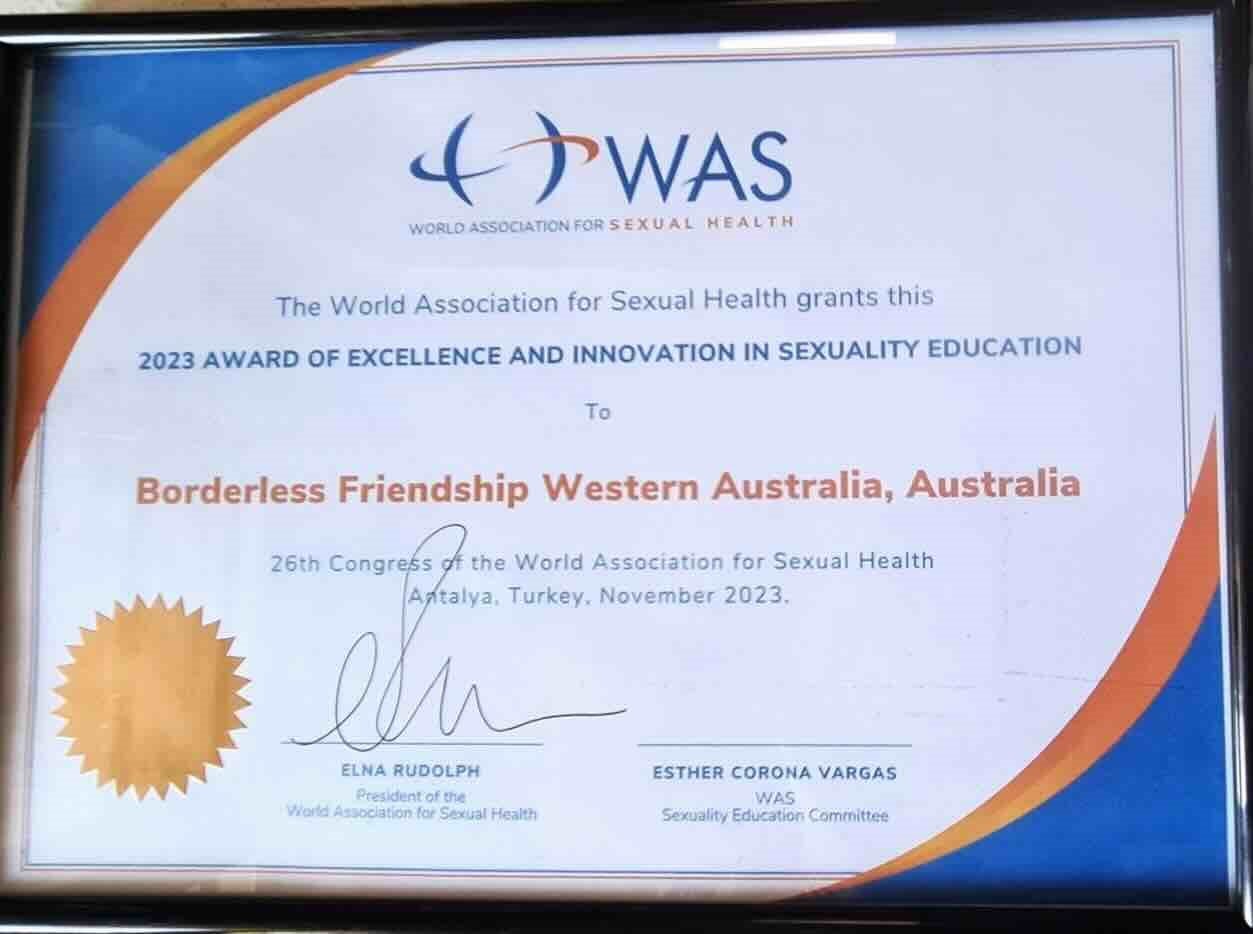Education
Our focus for all hill tribe children is to stay at school for as long as possible. We know that this leads to better outcomes for a safe and healthy life. For most of the children in our care this means that they have to leave their family for 10 months per year to stay at one of our hostels to attend school. Some children live permanently in the hostels, orphaned because of poverty, poor access to health, or death of family.
Another important part of educating these children is in self-sustainability. If the children can return to their villages with practical skills in growing their own food, it helps their entire family and extends to the whole village.
Hundreds of young people have enjoyed the weekend Mooditj program, learning about sexuality and relationship education. This program is the centre piece of indigenous healthy relationships training developed by Sexual Health Quarters Western Australia.
We support a number of community schools – children live with their families and the school works with the community to give the hill tribe children the best chance at education. We also assist the students to progress through high school and tertiary education.
At Leadership Home they have ‘adult school’ for teenagers who did not have an opportunity to attend school and are now too old to easily join the local school. Instead, they learn practical skills to build independence and access to quality jobs.
Self-sustainability
For the young people at all the hostels, life skills are a priority. Led by the caring hill tribe staff, the young people grow fruit and vegetables, raise pigs, fish, and chickens, and produce rice.
We have funded many projects to develop sustainable practices, such as growing crops, and irrigation. It is critical for the sustainability of these hostels to be able to grow enough food for the children, and ideally produce some extra to be able to sell locally. Every year, BFWA donates mushroom pods for all hostels- valuable protein and extra nutrition.
Mooditj relationship & sexuality education workshops
We are thrilled and honoured that in November 2023 the Mooditj* respectful relationship weekends have been acknowledged with an Honorary Award by the World Association for Sexual Health (WAS). Lorel works with exceptional hill tribe facilitators** to deliver these engaging weekend workshops for 50+ hill tribe teenagers at a time. Thank you Jordi Quain for her contribution through her Master’s research and involvement.
The content covered over the weekend includes: self-identity; puberty and caring for your body; understanding emotions; enhancing relationships; sexual issues such as STIs; sexual rights and protective behaviours; awareness about pornography; issues for ‘early parents’; and identifying goals and following their dreams.
*Mooditj is an Aboriginal word meaning ‘good/solid’ – the information can be trusted. Our weekend workshops are modified from an award-winning program developed by Sexual Health Quarters (SHQ), Perth, Western Australia and the Sexology Program at Curtin University where Dr Lorel Mayberry is a lecturer. Hill tribe co-facilitators**: Yadaw, Pramote and Thak completed Mooditj training over 10 years ago at SHQ in Perth as guests of BFWA, and Thiraphat is a qualified health education teacher.
Mooditj weekends are costly for BFWA – about $2800 every time we run a workshop. It couldn’t happen for hundreds and hundreds of teenagers without consistent financial support. Thank you Louise, Cath and Siam Winery for your support with this. We run on a shoe-string budget - $2800 pays for food, travel/petrol allowance (sometimes the teenagers live 4+ hrs away from venue), accommodation, printing puberty booklets, buying resources, conference bags and t-shirts. Donations are always valued.
The outcomes of the Mooditj workshops are impressive:
· 1000+ young people and the caregivers have attended since 2012.
· Lorel co-presents with hill tribe leaders, Thak, Yadaw, Thiraphat and Pramote.
· Peer-based facilitators – the education continues beyond the weekend workshop – attendees share with others at their school, hostel and village.
· Young people and carers expressed their enthusiasm for the engaging and informative workshops.
· Their confidence to speak about issues relating to sexuality was increased.
· They felt empowered to remain at school, engage in safe sex, and not marry early.
Paola Ferroni Education Scholarships
In addition to providing for the basic necessities for living, BFWA awards education scholarships to tertiary education hill tribe students. Since 2015, more than 80 young women have benefited from a Paola Ferroni Education Scholarship and many more would value the opportunity to continue their education.
Professor Paola Ferroni was the Director of the Centre for International Health at Curtin University in Western Australia. She was an Epidemiologist who dedicated her life to promoting health and preventing disease and disability through research and education, and most of their work was based in Asia.
Paola emphasised the need for educating girls and women as a means to ameliorating poverty and achieving gender equity. Based on the UN statistic that 70% of the world's poverty is born by women and that one in three women has been subjected to some form of sexual aggression. Paola provided both material and emotional support for many women from diverse countries and cultures.
In November 2014, while cycling to her fitness centre, Dr Ferroni was killed, being hit by a driver who was looking at her telephone rather than the road in front of her.
The Paola Ferroni Education Scholarship was established to honour Paola's work and her philosophy. The scholarships support the education of young women in order to provide them with the capacity to make independent decisions, find safe and meaningful employment and become educators to their family and beyond.
Please donate to the Paola Ferroni Education Scholarship fund.



